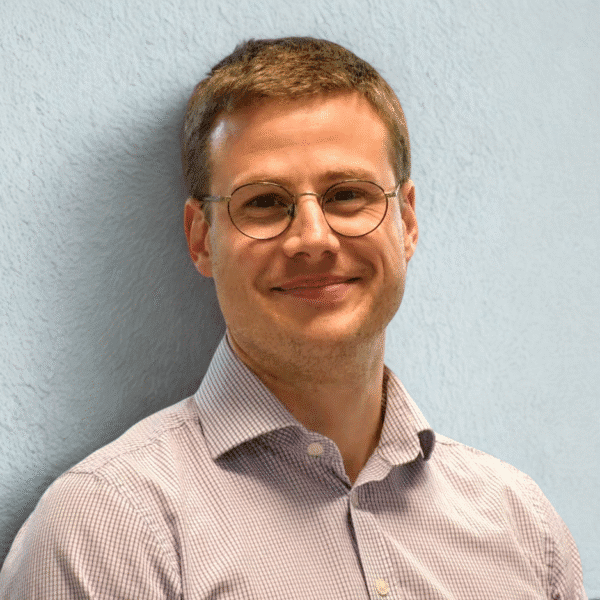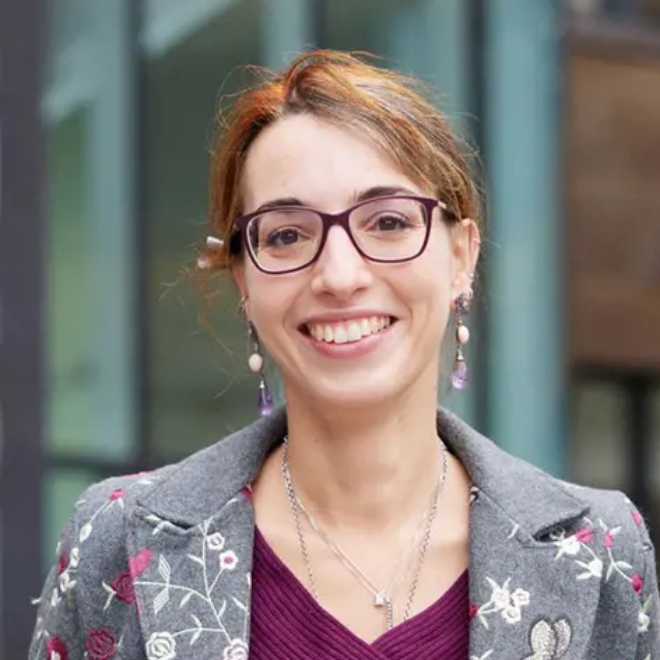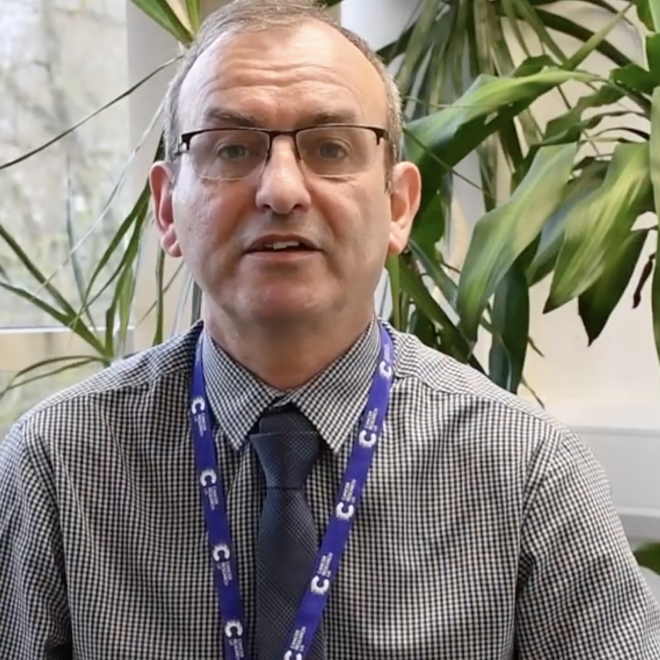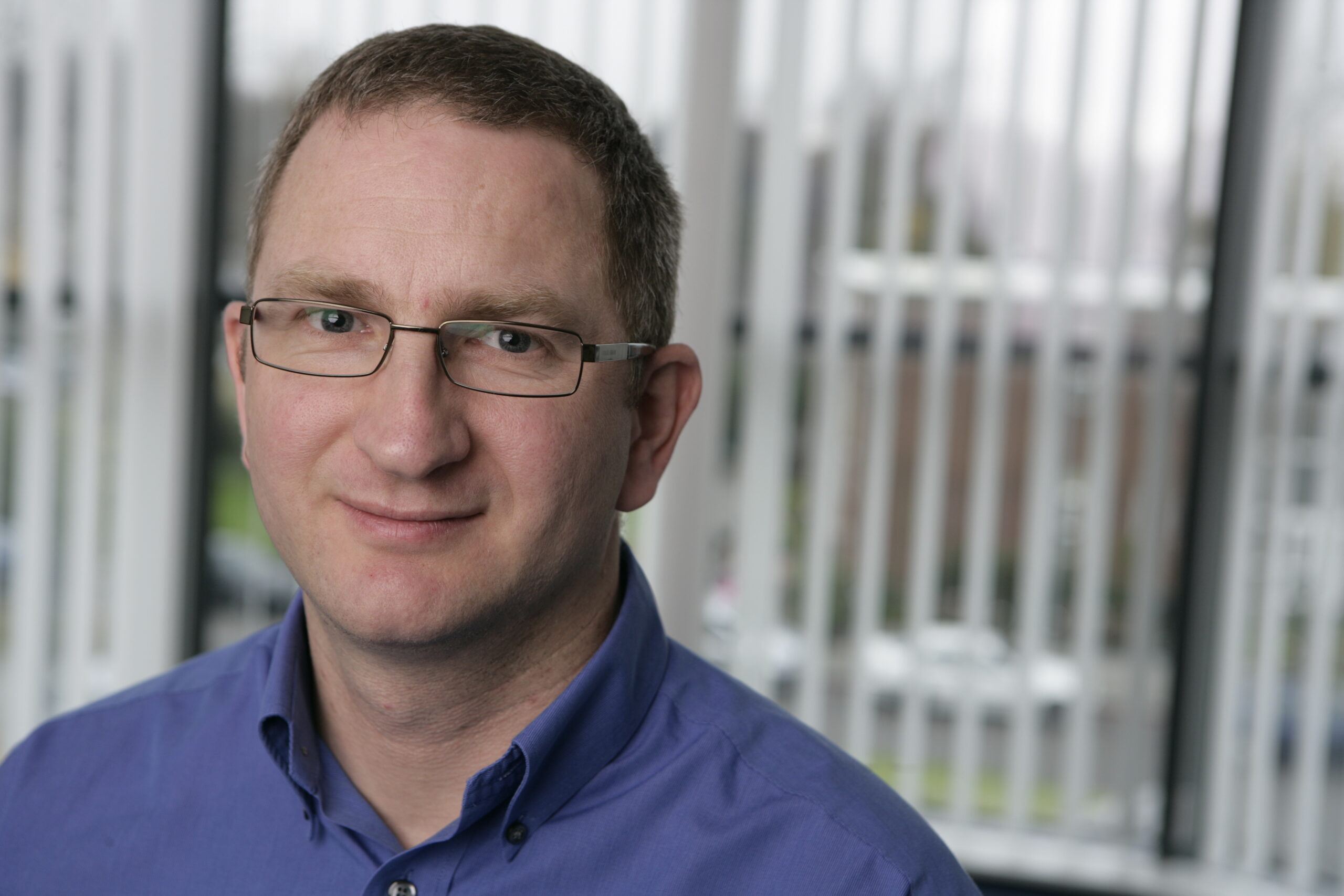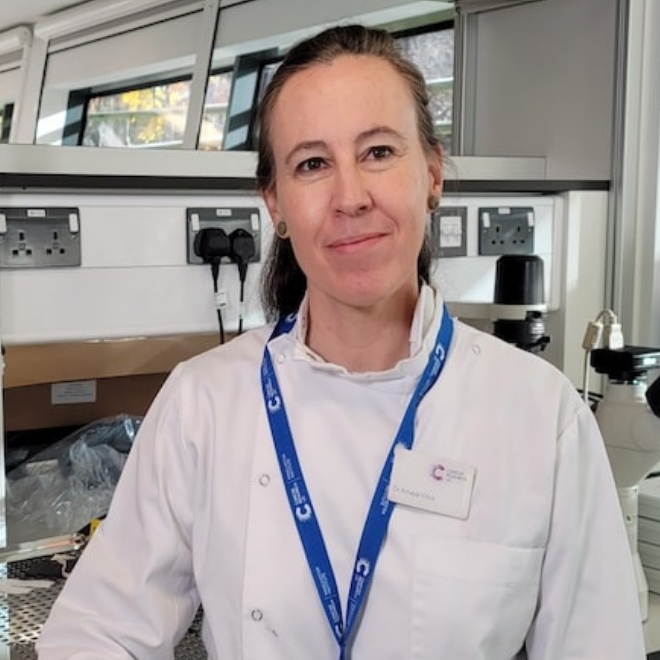Mark Williams
Leukaemia Immunology & Transplantation Group Leader
Mark is an MRC funded Clinician Scientist who leads the Leukaemia Immunology & Transplantation group and undertakes clinical practice in stem cell transplantation. His goal is to elucidate the mechanisms of immune evasion and devise novel therapeutic strategies to treat or prevent leukaemia recurrence.
About Dr Mark Williams
Mark Williams obtained his medical degree from the University of Cambridge before moving to Manchester for clinical training in Haematology. He joined the CRUK Manchester Institute in 2015, undertaking a PhD in leukaemia biology and epigenetics with Professor Tim Somervaille. In 2020, Mark was awarded a University of Manchester Presidential Fellowship to develop a research programme that combined his doctoral experience of leukaemia biology and epigenetics with his clinical interest in haematopoietic stem cell transplantation.
In 2022, Mark was awarded an MRC Clinician Scientist Fellowship. He is an Honorary Consultant in Haematology at The Christie NHS Foundation Trust, with a practice in stem cell transplantation. His research aims to understand the mechanisms that allow leukaemia to evade the donor immune system leading to post–transplant relapse and to develop novel therapeutic approaches for relapse prevention and treatment.
Mark also leads an MCRC Town Hall project to develop novel biomarkers that predict transplant outcomes.
Qualifications
- PhD – The University of Manchester
- MB, BChir – University of Cambridge
Interests
- Leukaemia immunology
- Transplant biology
- Cell therapy
Research Projects
Publications
Why I work at CRUK MI
“Combining a world-class research centre with Europe’s largest cancer hospital creates unparalleled opportunities. Working here is a tremendous privilege and offers the chance to deliver practice-changing translational research.”
Visit Research Group
Allogeneic haematopoietic stem cell transplantation is the only curative therapy for many patients with acute myeloid leukaemia (AML) and other poor-risk haematological malignancies. Recipients are ‘conditioned’ with chemo/radiotherapy before receiving blood-forming stem cells harvested from a donor. These stem cells repopulate the bone marrow and provide a new immune system, which eliminates the cancer. However, disease relapse remains the most common cause of death and is due to failure of donor T cells to eliminate residual leukaemia in some cases. Donor T cells are often dysfunctional at relapse and leukaemic cells frequently exhibit reduced immunogenicity.
In the Leukaemia Immunology and Transplantation laboratory, we aim to develop a comprehensive strategy to prevent post-transplant relapse. We are developing novel biomarkers to identify patients at risk of relapse, defining the critical drivers of T-cell dysfunction and exploring the potential of pharmacological induction of leukaemic differentiation to augment donor T-cell responses.
We also aim to address fundamental questions of leukaemia immunology. Recent advances in cancer immunotherapy have yet to benefit patients with AML and understanding this failure is necessary to inform novel approaches. The basis of contemporary immunotherapy is that tumours elicit T-cell responses which they must then evade. Restoring or enhancing these responses is a key therapeutic goal that is exemplified by the success of immune checkpoint inhibitors. However, these treatments have not improved outcomes in AML, despite allogeneic stem cell transplantation demonstrating the curative potential of leukaemia-reactive T cells. It remains unclear whether AML elicits robust autologous T-cell responses and addressing this question is a key aim of the group.
Get in touch
https://doi.org/10.1038/s44161-025-00740-z
Single-cell profiling reveals three endothelial-to-hematopoietic transitions with divergent isoform expression landscapes
11 November 2025
Institute Authors (6)
Robert Sellers, John Weightman, Wolfgang Breitwieser, Natalia Moncaut, Michael Lie-a-ling, Georges Lacaud
Labs & Facilities
Computational Biology Support, Molecular Biology, Genome Editing and Mouse Models
Research Group
Stem Cell Biology
11 November 2025
https://doi.org/10.1136/jitc-2025-012527
Systemic immunosuppression from ultraviolet radiation exposure inhibits cancer immunotherapy
31 October 2025
Institute Authors (4)
Isabella Mataloni, Antonia Banyard, Garry Ashton, Amaya Virós
Labs & Facilities
Mass and Flow Cytometry, Histology
Research Group
Skin Cancer & Ageing
31 October 2025
https://aacrjournals.org/cancerdiscovery/article/doi/10.1158/2159-8290.CD-24-1224/766638/Glucocorticoids-Unleash-Immune-dependent-Melanoma
Glucocorticoids Unleash Immune-dependent Melanoma Control through Inhibition of the GARP/TGF β Axis
15 October 2025
Institute Authors (12)
Charles Earnshaw, Poppy Dunn, Shih-Chieh Chiang, Maria Koufaki, Massimo Russo, Kimberley Hockenhull, Erin Richardson, Anna Pidoux, Alex Baker, Richard Reeves, Robert Sellers, Sudhakar Sahoo
Labs & Facilities
Computational Biology Support, Visualisation, Irradiation and Analysis
Research Group
Cancer Inflammation and Immunity
15 October 2025
/wp-content/uploads/2025/09/Annual_Report_2024.pdf
2024 Annual Report
23 September 2025
23 September 2025
https://doi.org/10.1182/blood.2024028033
An in vivo barcoded CRISPR-Cas9 screen identifies Ncoa4-mediated ferritinophagy as a dependence in Tet2-deficient hematopoiesis
4 September 2025
Institute Authors (1)
Justin Loke
Research Group
Myeloid Cancer Biology
4 September 2025
https://doi.org/10.1038/s41467-024-49692-1
Whole genome sequencing refines stratification and therapy of patients with clear cell renal cell carcinoma
15 July 2025
Institute Authors (1)
Samra Turajlić
Research Group
Cancer Dynamics
15 July 2025
Our vision for world leading cancer research in the heart of Manchester
We are a leading cancer research institute within The University of Manchester, spanning the whole spectrum of cancer research – from investigating the molecular and cellular basis of cancer, to translational research and the development of therapeutics.
Our collaborations
Bringing together internationally renowned scientists and clinicians
Scientific Advisory Board
Supported by an international Scientific Advisory Board
Careers that have a lasting impact on cancer research and patient care
We are always on the lookout for talented and motivated people to join us. Whether your background is in biological or chemical sciences, mathematics or finance, computer science or logistics, use the links below to see roles across the Institute in our core facilities, operations teams, research groups, and studentships within our exceptional graduate programme.





